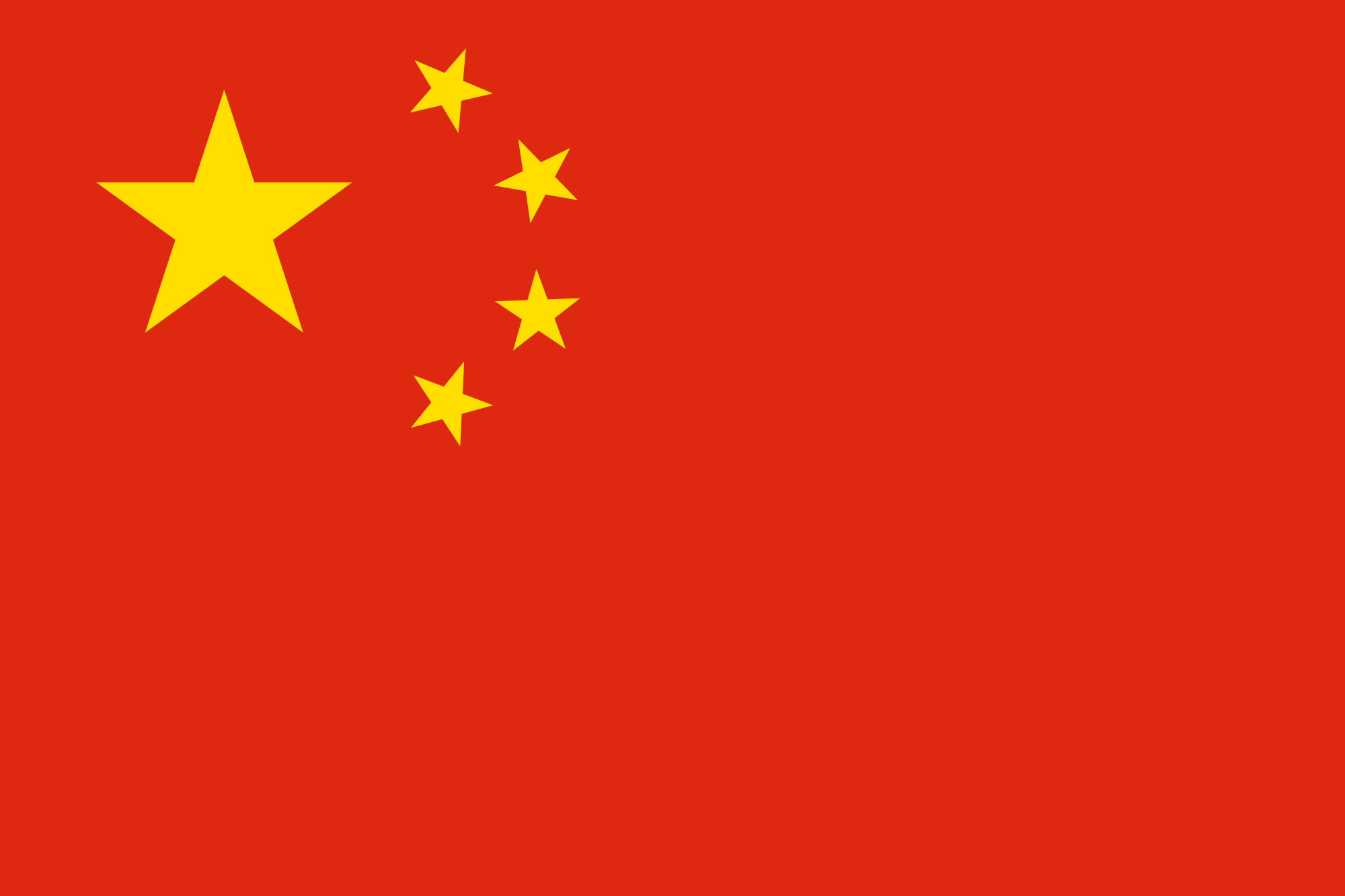Applying for Income Tax Incentives in China New Streamlined Record-Filing System Launched
By Dezan Shira & Associates
Posted: 18th December 2015 11:21
In a recent move to simplify China’s tax incentive application procedures, the State Administration of Taxation abolished the preliminary approval system for preferential corporate income tax (CIT) policies. This means that enterprises are no longer required to apply to the local tax bureau before they obtain the preferential tax benefits. Instead, the SAT has launched a new “afterwards filing system” for the administration of preferential CIT policies, which allows companies to enjoy the reduced tax rates prior to filing with the tax bureau.A 25 percent standard CIT rate is applied to resident enterprises and non-resident enterprises with income-generating establishments in China. The country provides a wide range of preferential CIT policies, including to small and medium-sized enterprises, to companies established in western China, and to businesses engaged in high-tech industries. However, these preferential tax treatments do not automatically apply, and there are often a number of preliminary requirements for enterprises to qualify. For foreign investors who are not fully aware of the importance of formality in China, the tax burden can be substantially increased – companies that fail to obtain approval beforehand will not be allowed to enjoy the preferential policies later.
Along with the streamlined system, the SAT issued the “Catalogue for Administration of Filing of Preferential CIT Policies,”which provides a list of 55 tax items that are covered in the record-filing policy. This includes a 15 percent CIT rate for certain companies in China’s development zones, a 10 percent CIT rate for eligible software enterprises, and a 15 percent CIT rate for high-technology companies. The Catalogue also clarified the tax rates filing procedure (i.e., the filing period, the specific criteria and the documents required) for the application of different types of CIT incentives.
- Filing Documents
- Filing Frequencies & Due Dates
- Retention Period
Taxpayers may decide whether they are qualified for the tax incentives on their own and complete the record-filing procedure either at the tax bureau or online. The local tax bureau will then check and examine the company’s tax status based on the submitted documents at the end of each year. For small and low-profit enterprises whose annual taxable income is lower than RMB 300,000, no filing procedure is required.
Based on China’s CIT Law, CIT is prepaid on a monthly or quarterly basis in accordance with the figures shown in the accounting books of the company; companies are required to file CIT returns within 15 days from the end of the month or quarter. Further, the SAT requires companies to submit anAnnual CIT Reconciliation Report within five months after each year’s year-end to determine if all tax liabilities have been met, and whether the company needs to pay supplementary tax, or apply for a tax reimbursement.
Companies engaged in diversified businesses should be especially mindful that the SAT requires separate accounts to be prepared both for sales that meet the conditions for preferential treatment and those that do not. If eligible sales cannot be clearly differentiated, they are not entitled to preferential treatment. They also need to pay attention to other relevant certificates for qualification. There are usually special tax benefits for companies in encouraged industries, such as high-tech and environmental protection. However, in most cases, even if a company does qualify, it still needs to obtain certificates from relevant government departments to show its specialty in such areas to the tax authority.
Since its establishment in 1992, Dezan Shira & Associates has been guiding foreign clients through Asia’s complex regulatory environment and assisting them with all aspects of legal, accounting, tax, internal control, HR, payroll and audit matters. As a full-service consultancy with operational offices across China, Hong Kong, India and emerging ASEAN, we are your reliable partner for business expansion in this region and beyond.
For inquiries, please email us at info@dezshira.com. Further information about our firm can be found at: www.dezshira.com




Comments